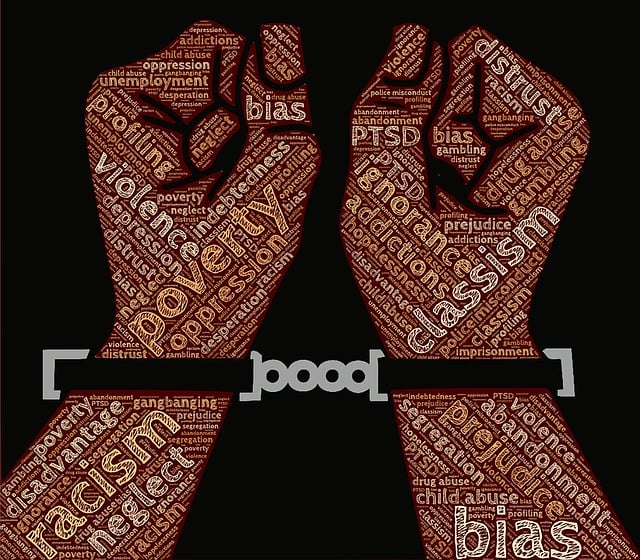Piney Ridge Center abuse victims have legal rights and resources to seek justice and compensation for harm. Specialized legal aid organizations guide them through complex processes like civil lawsuits and criminal charges, empowering victims to reclaim their lives. These services, combined with counseling, group therapy, and medical care, offer holistic healing and support in a non-judgmental setting.
Many lives were shattered by the revelations of abuse at Piney Ridge Center. This article offers critical guidance to those seeking legal redress, offering a roadmap for understanding and exercising their rights as victims. We delve into navigating the legal process, exploring compensation and justice, and highlighting support services designed to aid healing and recovery. For those affected, this is an essential resource in their pursuit of answers and reconciliation.
- Understanding Piney Ridge Center Abuse Victims' Rights
- Navigating Legal Process for Compensation and Justice
- Support Services Available for Healing and Recovery
Understanding Piney Ridge Center Abuse Victims' Rights

Victims of abuse at Piney Ridge Center have specific legal rights that should be understood and protected. These individuals have the right to seek justice and compensation for their suffering, which may include physical, emotional, or psychological harm. It’s crucial for them to know they can take legal action against the perpetrators and institutions responsible for the abuse.
Understanding these rights is a vital step in navigating the complex legal process. Legal aid organizations specializing in such cases can guide victims through options like filing civil lawsuits, seeking criminal charges, or applying for financial assistance for medical treatment and therapy. These services ensure that Piney Ridge Center abuse victims are empowered to reclaim their lives and receive the support they deserve.
Navigating Legal Process for Compensation and Justice

Navigating the legal process can be daunting, especially for those who have experienced trauma, like many Piney Ridge Center abuse victims. The first step is to consult with a legal professional experienced in handling such cases. They will guide victims through the process of filing a lawsuit or claiming compensation, ensuring their rights are protected. This involves gathering evidence, interviewing witnesses, and constructing a strong case to hold perpetrators accountable.
Legal professionals can also help victims understand various forms of redress available, including monetary damages for physical and psychological injuries, as well as injunctive relief to prevent further abuse. It’s crucial for Piney Ridge Center abuse victims to remember that seeking legal assistance is not just about punishment; it’s about achieving justice, finding closure, and ensuring the safety of others from potential future harm.
Support Services Available for Healing and Recovery

Piney Ridge Center abuse victims can access a range of support services designed to aid in their healing and recovery process. These services include psychological counseling, group therapy sessions, and specialized legal assistance tailored to address the unique needs of those who have endured trauma. Many of these programs are led by professionals with expertise in working with survivors, ensuring a safe and non-judgmental environment.
Additionally, social support networks and community resources play a vital role in the recovery journey. These can connect victims with fellow survivors, providing a sense of belonging and understanding. Moreover, access to medical care and crisis intervention services ensures that victims receive holistic assistance, addressing both their physical and emotional well-being.
For those who have endured abuse at Piney Ridge Center, seeking legal assistance is a crucial step towards justice and healing. By understanding their rights, navigating the legal process, and accessing available support services, victims can begin to rebuild their lives. It’s important to remember that they are not alone in this journey, and there are resources dedicated to helping them find compensation, closure, and the care they deserve.
